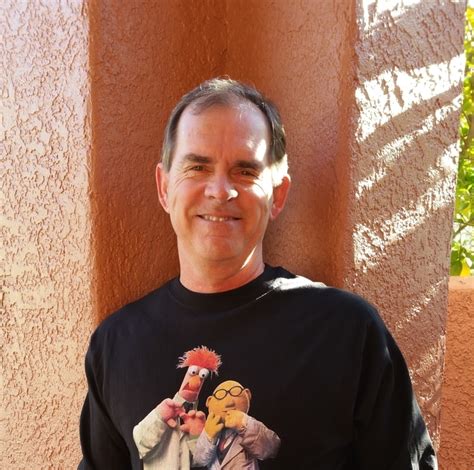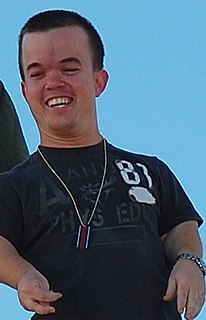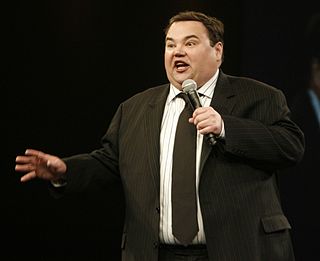A Quote by Aziz Ansari
What's cool about Twitter is that you can make a joke about something very of-the-moment or random that I wouldn't be able to joke about in stand-up.
Related Quotes
About a year after I moved to Los Angeles, I decided I wanted to be a joke writer for a late night talk show. So I met with a late night joke writer and he told me that I should start by doing stand-up comedy, because that would really hone my sense of humor and joke writing ability. Eventually I took a stand-up class and a few months later I had a seven-minute act.
When I was working with Barry Sonnenfeld, I'd watch him set up a shot and talk to him about what he was seeing and what it was to shoot comedy. He told me that a lot of times with comedy, it's not just about getting the joke, but getting a reaction to the joke. That's the laugh - it's somebody's else's reaction to the joke.
The difference when I'm writing a story versus writing a joke is that writing a joke is so much more about the structure and it's less about the conversation. To me, the thing that I love about stand-up is the intimacy between performer and audience.To get it even more conversational was something that really appealed to me and that I really enjoyed doing. My early experiments with it, with just telling a story from my life on stage, it was so satisfying to do. And seemingly for the audience as well. It's a different thing, and it's a different feeling and a different vibe.
I keep on repeating something told to me by an American psychologist: "When you are making a joke about someone and you are the only one to laugh, it is not a joke. It is a joke only for yourself." If people are making a joke they have the right to laugh at me but I will ignore them. Ignoring doesn't mean that you don't understand. You understand it so much that you don't want to react.
I think one of my favorite pieces I've ever done on the show which was about Hezbollah Israel conflict in 2006 and it was very pointed. It was a beautifully crafted piece of satire and it's a weird thing to say but it had a joke in there about 9/11 and I remember the audience sort of laughing but also kind of not knowing how to respond to that joke and it was just so - and I remember the tension after we did this joke on the air and there was this palpable gasp in the audience, but they were also laughing. And I thought oh, wow, that is something that is not being said in the Zeitgeist.
































